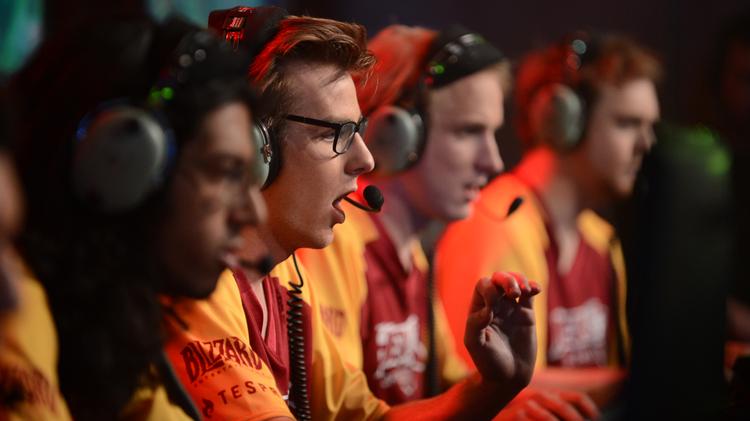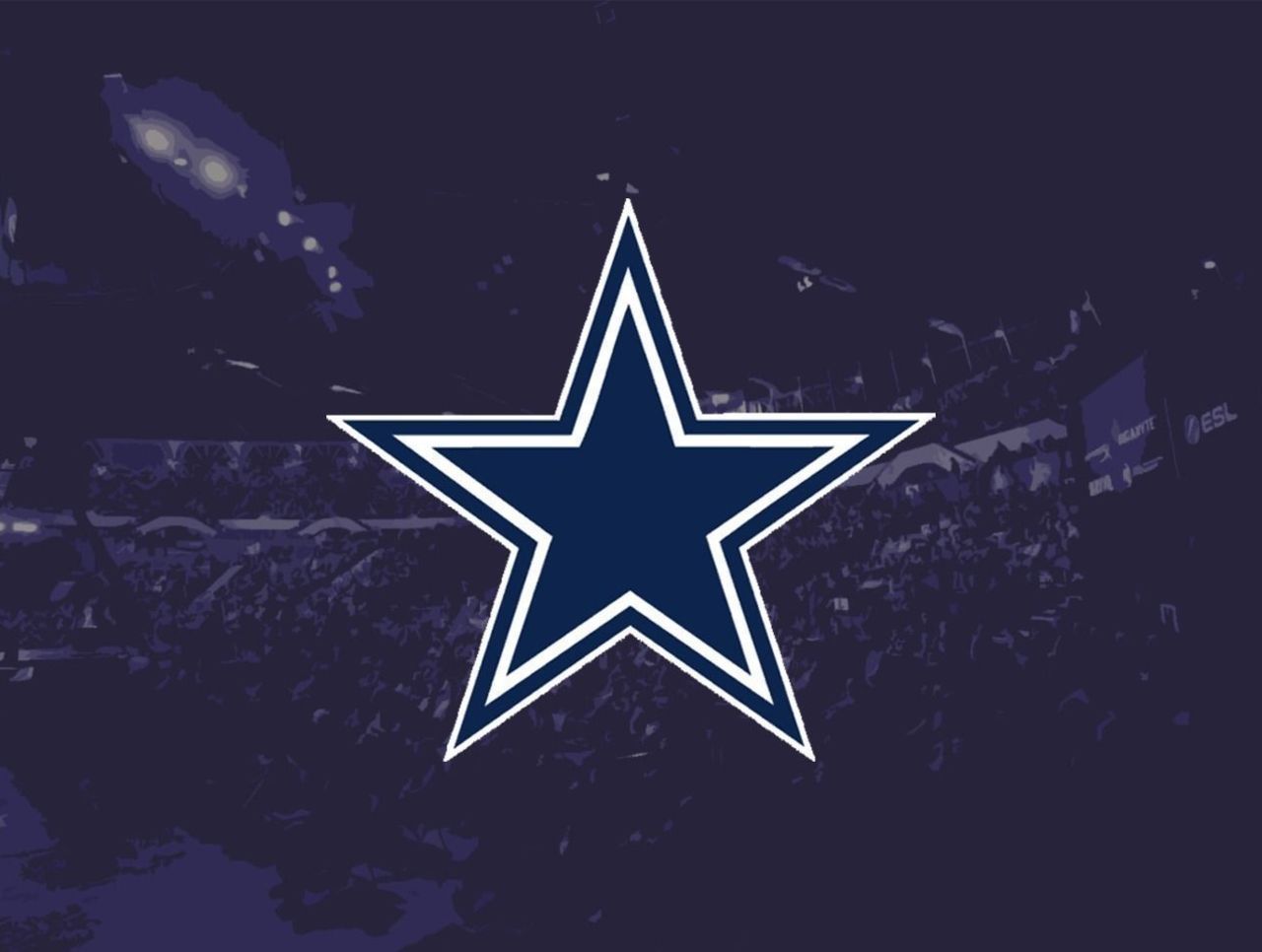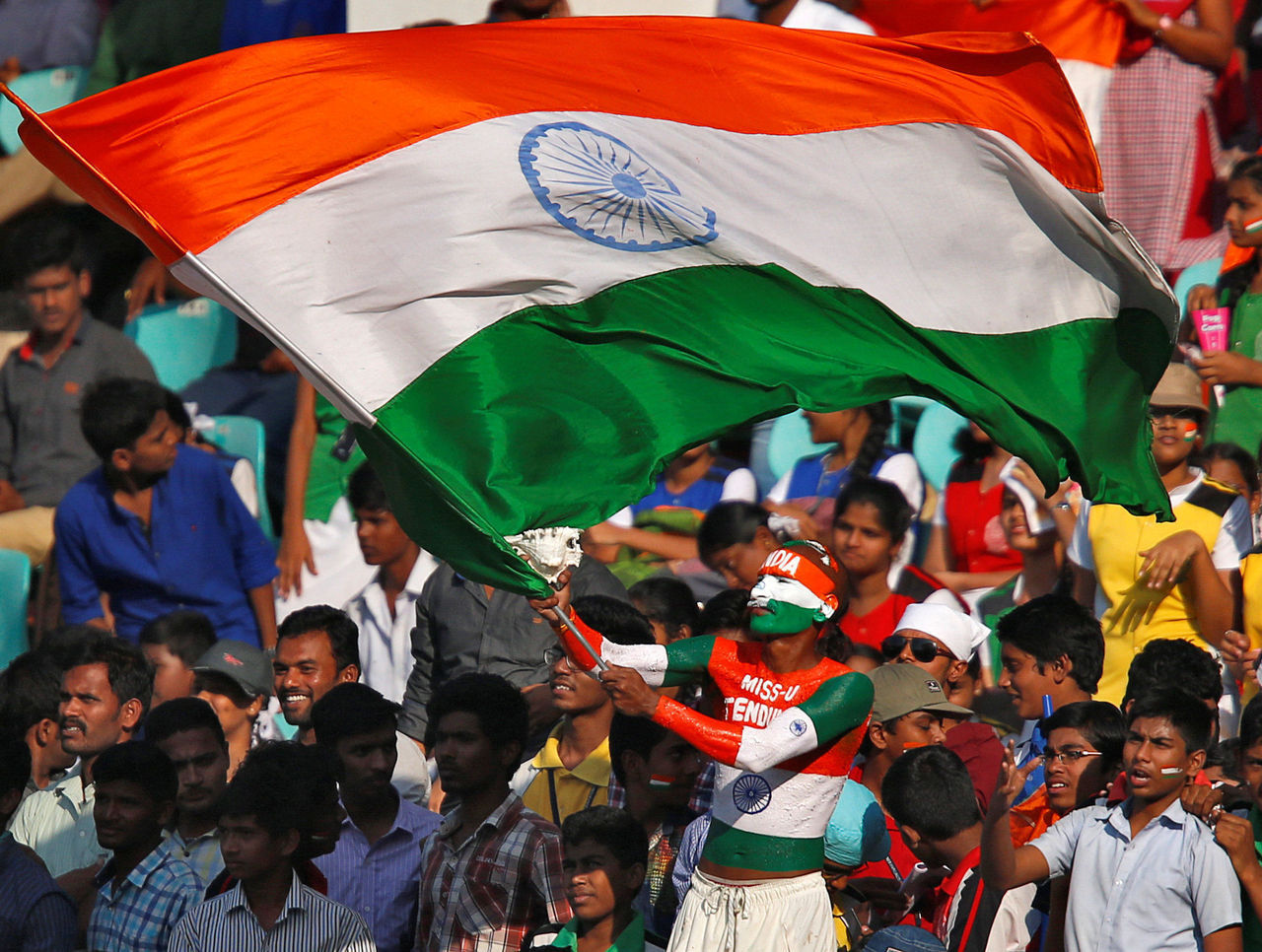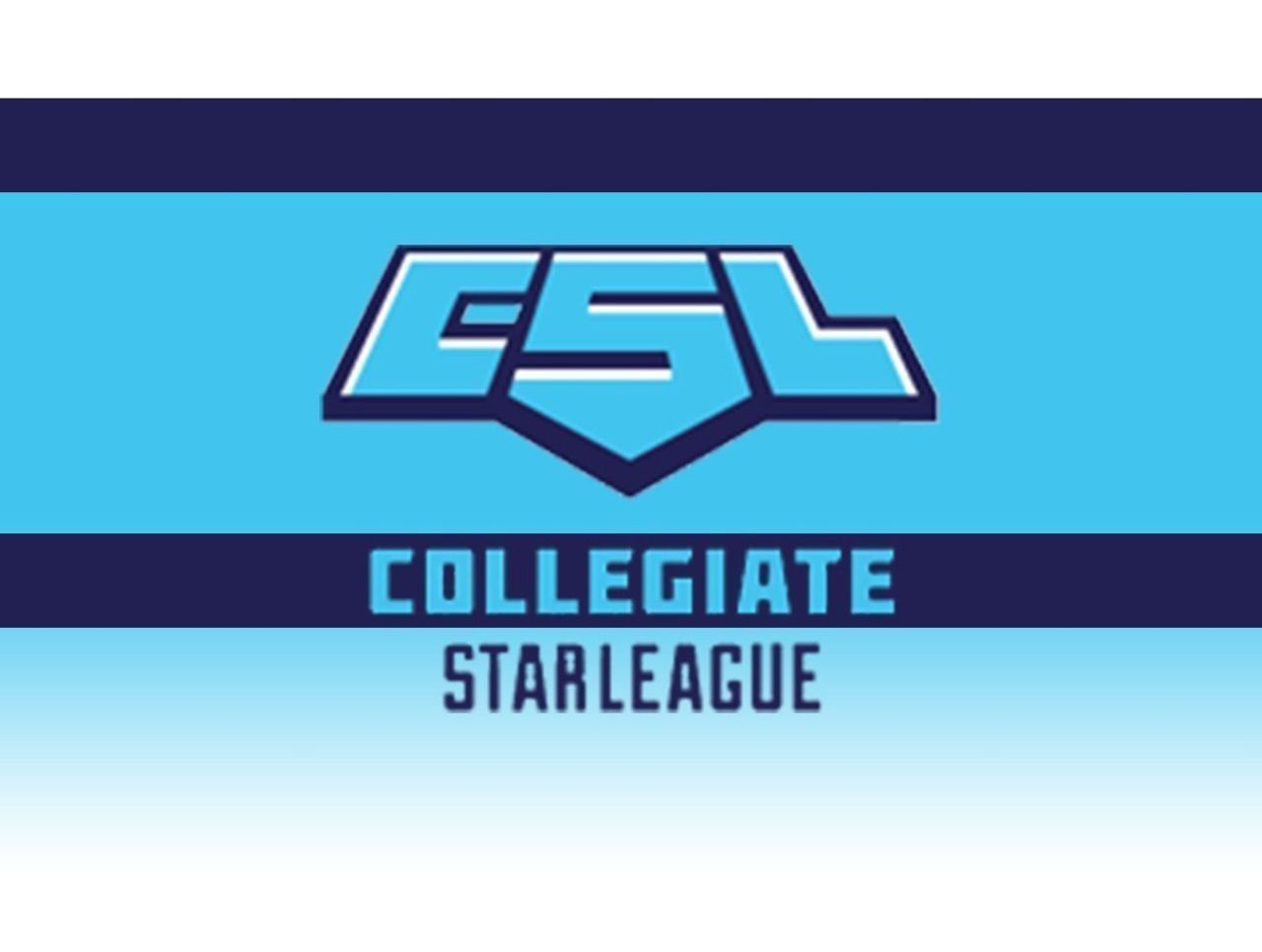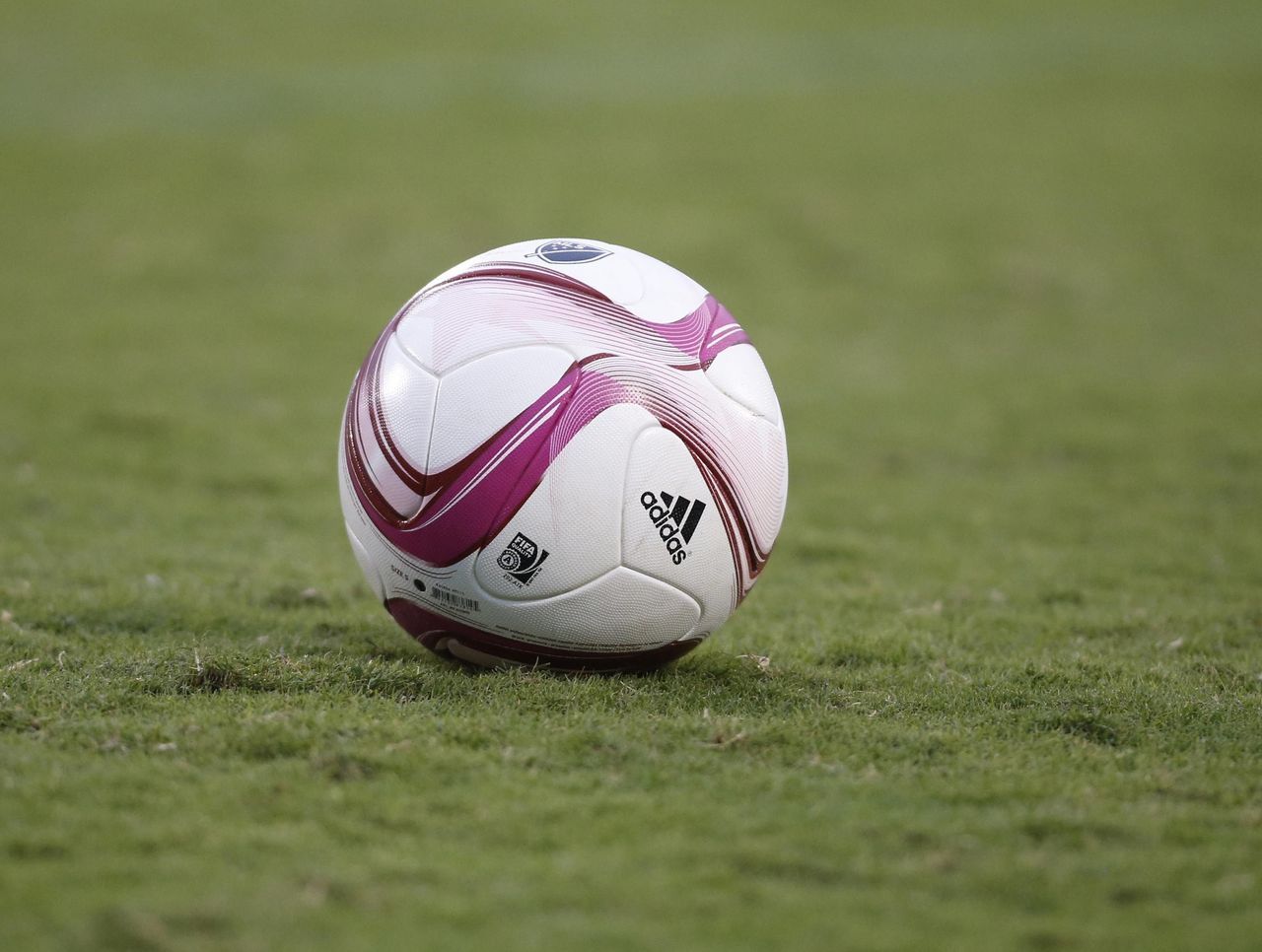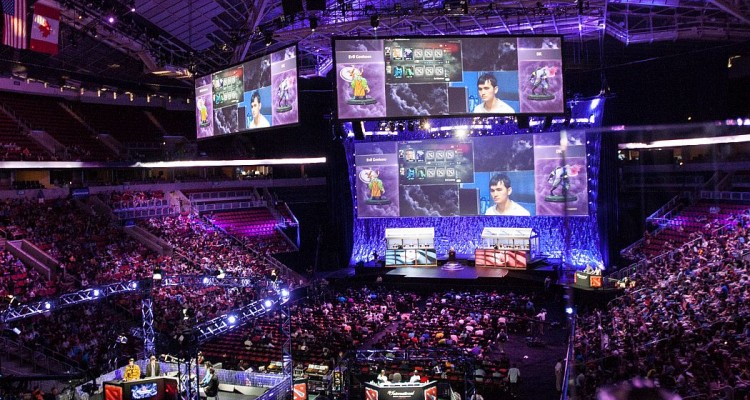For a year after graduating from high school, Derek Micheau lived in his hometown of Olympia, Wash., flipping burgers at a Jack in the Box by day and playing League of Legends all night. Alone in his apartment, Micheau spent up to 14 hours a day chasing a dream shared by thousands of other serious League players — going pro.
League of Legends is one of a dozen hugely popular games known as “eSports,” in which teams of professional gamers from around the world compete for millions of dollars in prize money.
If this is the first time you’ve heard of eSports, you can be sure it won’t be the last. In 2016, nearly 300 million people worldwide tuned in to watch major eSports tournaments online, and hundreds of thousands packed into sports stadiums from Seoul to Kiev to watch teams of professional gamers do battle. This isn’t like watching your buddies play Super Mario Bros. Games like League of Legends, Dota 2 and Heroes of the Storm are team-based, real-time strategy contests known as Multiplayer Online Battle Arenas (MOBAs). The action is intense and matches stretch for an hour or more, with brilliant attacks and counterstrikes punctuated by high-adrenaline announcers called shoutcasters.
Global viewership of professional eSports already exceeds the 204 million people who watch NFL games, and the number of viewers is expected to explode to 500 million by 2020, toppling other traditional sports like basketball and baseball. The top-earning eSports pros earned nearly $2 million each in 2016 playing Dota 2, with prize money coming from corporate sponsors and crowd-funded contributions.
Micheau was about to quit his full-time League of Legends habit and enroll in a local community college when he got a call from Ferris Ganzman, a semi-pro League of Legends manager who had just been hired by Robert Morris University (RMU) in Chicago as the country’s first-ever head coach of a varsity League of Legends team. Like the school’s other athletic programs, the gaming squad was named after the school mascot, the Eagles. Ganzman was calling with an intriguing offer: more than $18,000 in annual scholarships to come play video games at RMU.
RELATED: Stretchy, Transparent Game Controller Acts Like a Second Skin
“The first thing my parents told me was, ‘You’d better not give them any money,” said Micheau, who is now a senior business major at RMU in his third season with the Eagles. “I don’t think they ever thought that I’d be able to correlate how good I was at video games to any kind of school.”
The varsity eSports team at RMU was the brainchild of Kurt Melcher, a 20-year athletics administrator and former women’s soccer coach at the college. He’s also a lifelong gamer. Back in 2014, there were hundreds of student-run clubs at U.S. colleges playing in online eSports tournaments, but administrators scoffed at awarding official status to a bunch of gamers sitting in a dorm room.
“We went 100 percent the other way and said, ‘This is a sport,'” recalled Melcher, who used his cache as a veteran administrator to convince RMU’s president to back the idea. “We wanted to go all in, provide scholarships, provide training space, provide gear, and really treat it as if it were a college basketball team.”
There are 50 players on the 2016-2017 RMU League of Legends team. Roughly 30 of them receive a varsity scholarship equaling 70 percent of tuition and the other 20 get a varsity reserve scholarship, 35 percent of tuition. They practice eight to 10 hours each day under a full-time coaching staff in a state-of-the-art gaming facility that is sponsored by industry heavyweights like iBUYPOWER and Asus. The facility is equipped with $350 ergonomic gaming chairs, $100 headphones, and vast projection screens.
All of that training has paid off. In their first two seasons as a program, the Eagles came in second in the North American Collegiate Championships, a “March Madness”-style League of Legends tournament. Micheau and his teammates were beaten both times by a club team from the University of British Columbia.
“Since I’ve come to RMU, the only time we’ve ever lost is at finals,” said Micheau, noting that the University of British Columbia lost four of its five starters from last season. “It’s a completely different scene this year. I expect us to get first.”
The national championship tournament is run by University League of Legends (uLoL), a division of Riot Games, the creator of League of Legends.
RELATED: Virtual Universe to Install ‘Gamer Science’ Project
“Riot as a company never set out to start a college-focused program,” said Trey Keeler, associate brand manager at the Los Angeles-based gaming company. “We started getting emails from students asking for help, things like swag, sponsorship for their events and support.”
What began as a side project for a handful of Riot employees in 2013 evolved into a dedicated collegiate marketing team. ULoL is now the largest college gaming network in North America, with more than 700 uLoL teams. The vast majority of them are student-run clubs, with only 20 having official campus status like the program at RMU.
In 2016, the University of California Irvine (UCI) became the first public school to launch a university-backed eSports program. Mark Deppe, UCI’s acting director of eSports, managed to build a $250,000 campus gaming arena and fund 10 scholarship spots (at $15,000 each) without spending a dime of university money, the key to convincing cash-strapped administrators to take a bet on eSports. Deppe also decided not to call it a “varsity sport,” preferring to position eSports as a part of the broader student life experience at UCI.
“Our program is unique in that no one else in the world is looking at eSports holistically,” said Deppe, pointing out that his program’s “four pillars” — competition, academic research, community support and entertainment — reach a wider swath of UCI students and faculty.
“While we currently offer scholarships for players, we dream of offering scholarships for shoutcasters, internet broadcasters, coaches and managers,” Deppe said. “We’re partnering with undergraduates in our Computer Game Science program and faculty who are studying gaming and the brain.”
Both Melcher at RMU and Deppe at UCI predict that every college in America will have an official eSports team within 10 years. Both men have fielded hundreds of calls from schools and clubs that are interested in taking their game to the next level.
The only potential obstacle for Melcher is the issue of intellectual property and broadcasting rights. No one owns the rights to play football or basketball, but eSports are a different legal beast.
“I think League of Legends is a sport, just like I think Overwatch, which is a Blizzard property, is a sport. But at their core, those are two companies and their goal is to make money,” said Melcher, who fears that competing publishers could lock universities into exclusive contracts like Coke and Pepsi. “Companies like Riot and Blizzard need to step back and see the bigger picture.”
The folks at Riot defended their hands-off IP policy, which generally lets fans and gamers use League of Legends content as much as they want as long as it’s not a money-making enterprise. Michael Sherman, Riot’s associate collegiate eSports manager, stuck with the sports metaphor.
“You don’t see hockey fighting for the attention of football,” said Sherman. “We believe in coexisting with other eSports on campus and building out a framework that helps support growth in general.”
ULoL will hold its fourth North American Collegiate Championship for League of Legends in the spring of 2017. Around the same time, Blizzard will run its third Heroes of the Dorm tournament with the “final four” broadcast live on ESPN2. You can get a sense of last year’s tournament by viewing the Blizzard-produced documentary A New Hero: the Rise of College eSports.
Source:Â http://www.seeker.com/college-esports-will-be-bigger-than-march-madness-2157424835.html
